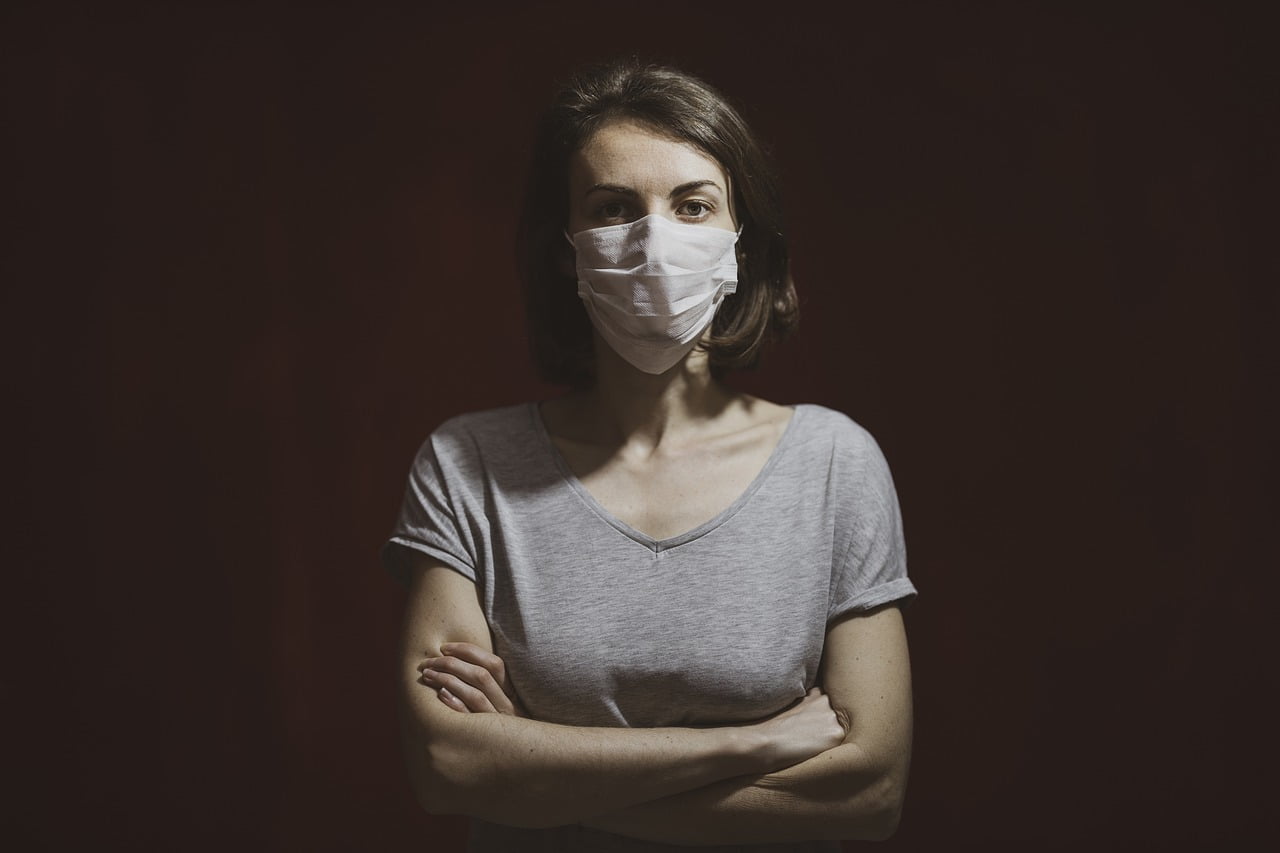Guests With COVID Can Sue Holiday Hosts as Superspreaders; Law Permits Some Liability for Adults, But Far More For Child Plaintiffs
Q3 2020 hedge fund letters, conferences and more
Guests Who Contracted COVID Can Sue Holiday Hosts
WASHINGTON, D.C. (December 29, 2020) - Guests at family Thanksgiving or Christmas gatherings who have now came down with COVID, and can plausibly trace it back to the gathering, can sue the host for negligence in orchestrating a deadly super-spreader event, says public interest law professor John Banzhaf, who has been called an "Entrepreneur of Litigation, [and] a Trial Lawyer's Trial Lawyer."
With so many governors and other public figures, as well as a large parade of experts, issuing stern warnings on TV and in the media about the dangers of spreading COVID at large family gatherings for Thanksgiving and Christmas, it should be easy to persuade a jury that hosting such a gathering - particularly since 6-foot social distancing can hardly be practiced around a dinner table, and guests can't wear masks while eating and drinking - constituted legal "negligence"; i.e., the failure to act like a reasonable prudent person and take reasonable precautions.
In any such negligence action - for damages if the guest contracts the disease but lives (perhaps with lasting disabilities) or dies (in a wrongful death suit) - the key issue would be whether the plaintiff either was himself negligent for attending, and/or knowingly assumed the risk of contracting COVID.
But it can hardly be argued that a child of 4 or 12 or even 16 was legally negligent, or assumed the risk, when acting under the direction of a presumably-more-knowledgeable adult. Indeed, most children might not even have a choice if their parents brought them to the family gathering, even if the child had been reluctant to attend.
Who Is Liable?
While some might assume therefore, that it is the parent of the child, and not the host of the holiday dinner, who was negligent and/or assumed the risk, and therefore should be solely liable, that's not the law in most jurisdictions, notes Banzhaf, who has been involved in litigation in which harm to children was caused by third parties, even with the parents' permission.
Indeed, Banzhaf has been so successful in many novel law suits - e.g., against tobacco companies, fast food corporations, and even Spiro T. Agnew - that he has been called "a Driving Force Behind the Lawsuits That Have Cost Tobacco Companies Billions of Dollars," the "Dean of Public Interest Lawyers," "The Law Professor Who Masterminded Litigation Against the Tobacco Industry," the lawyer "Who's Leading the Battle Against Big Fat," "The Man Big Tobacco and Now Fast Food Love to Hate," and "a Major Crusader Against Big Tobacco and Now Among Those Targeting the Food Industry."
The legal defenses of contributory negligence and assumption of risk are personal and individual, and a parent's carelessness or assumption does not automatically let a third party whose negligence harms a child off the legal hook.
So, while the parents of children who became infected from COVID at a large family dinner might themselves technically also be subject to legal liability for negligence - since many different persons can be held liable for a single action of negligence under the familiar "but for" rule - legal actions for a child's death or disability from COVID are much more likely to be brought against a third party than against a parent or guardian.
The Legal Doctrines Of Contributory Negligence
Moreover, says Banzhaf, states have largely moved away from the old rule that a plaintiff who was negligent in also causing his own injury is barred from any recovery against another person or entity (such as a manufacturer of a dangerous product) because of the legal doctrines of contributory negligence and/or assumption of risk.
Instead, the more common rule is to apply the doctrine of comparative negligence. Thus, if the host's negligence is seen by a jury as being 60% responsible for the death or injury, with the adult plaintiff only 40% responsible, the plaintiff (or his estate) should be entitled to recover 60% of the damages, rather than being barred from any recovery at all.
So, in addition to the medical dangers of putting a large number of family members at risk by hosting a traditional large family dinner, hosts should be concerned their own potential legal liability for civil damages if a guest subsequently suffers from COVID-19, suggests Banzhaf, who says he would not be surprised if such suits began to be brought within weeks of Christmas by families whose child died, suffered disabilities, or even simply contracted this deadly and disability disease at a holiday gathering.













